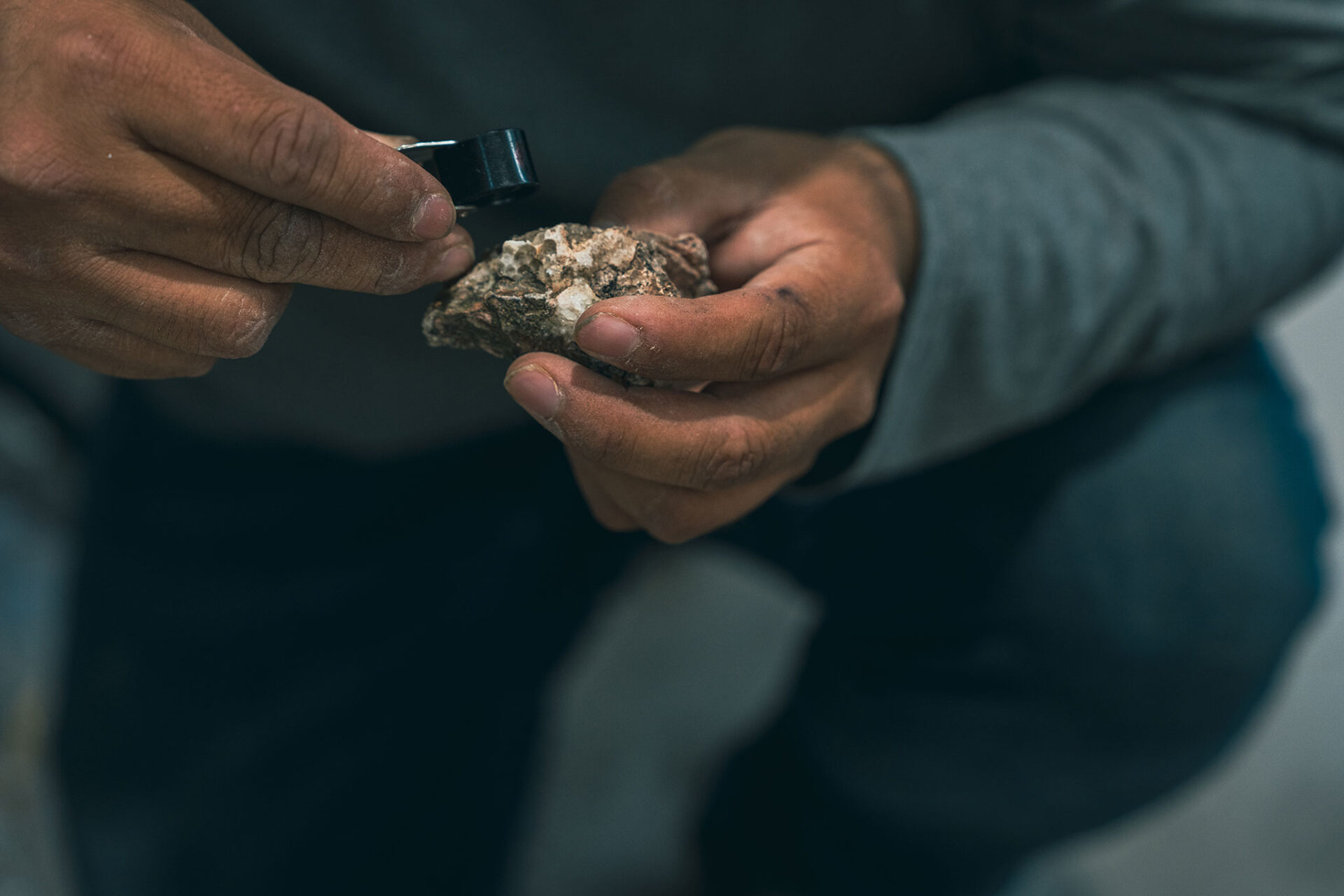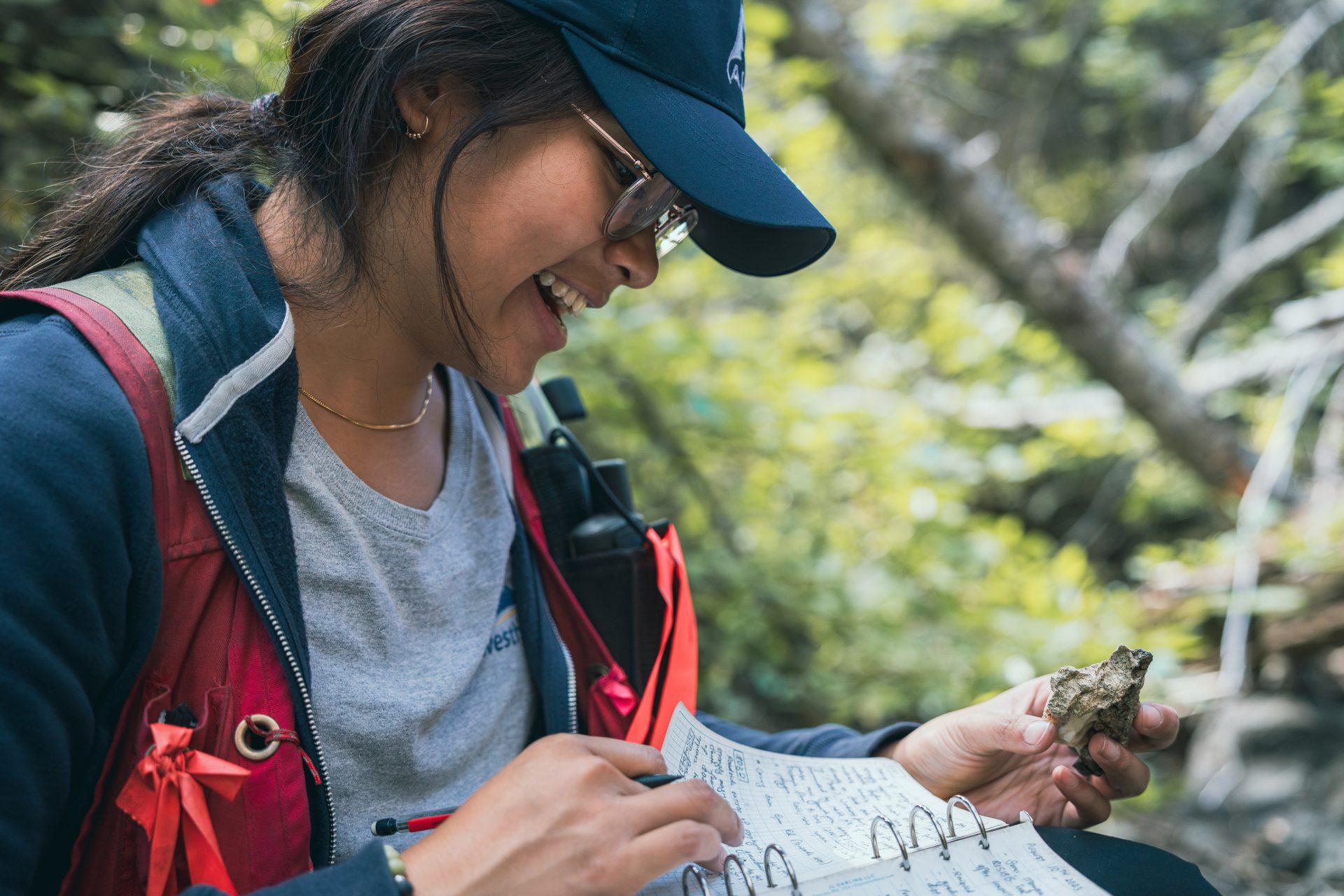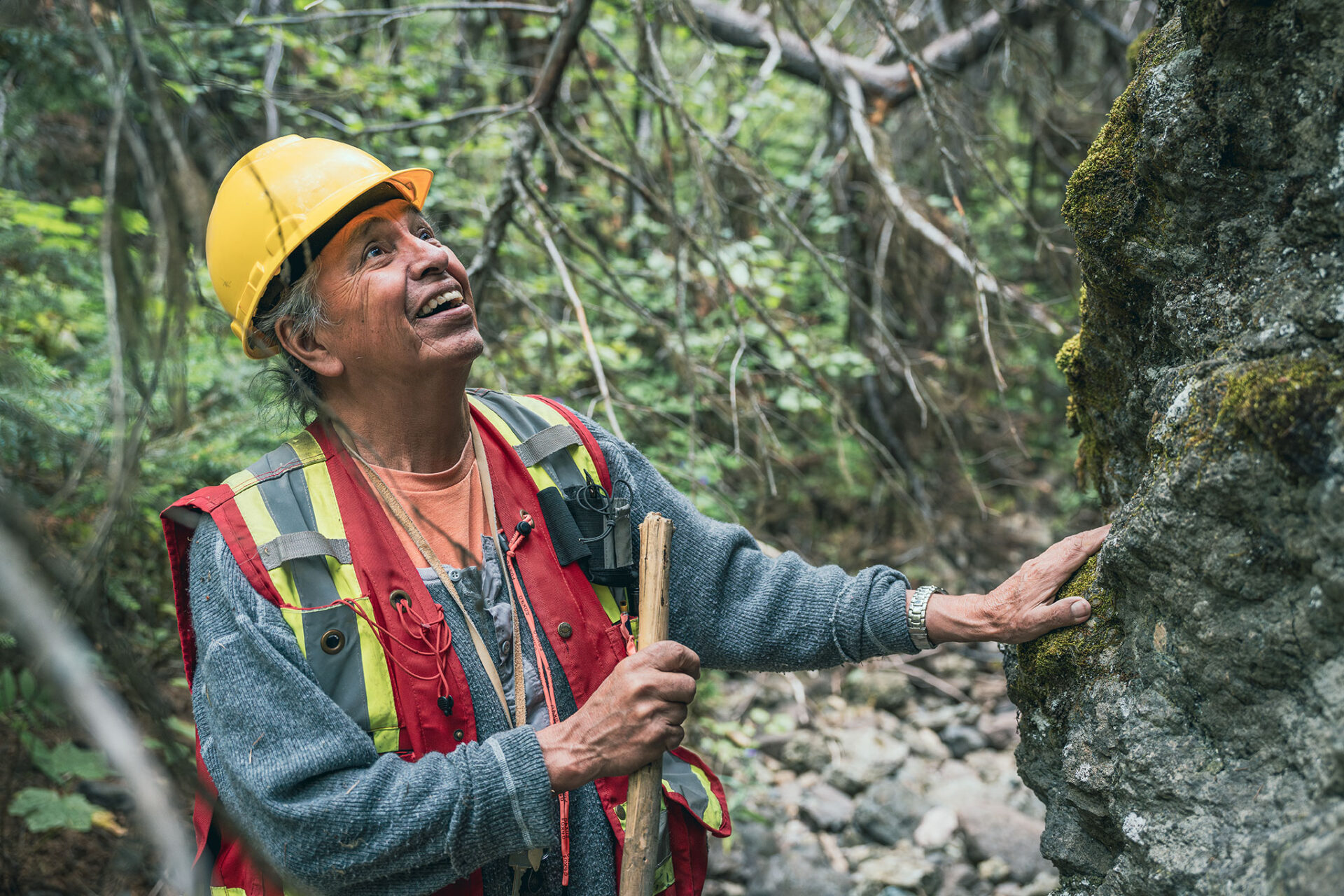Guiding Principles

Indigenous Relations
The Association for Mineral Exploration (AME) recognizes that building and fostering respectful and sustainable relationships with Indigenous groups is good corporate practice, supports the principles of reconciliation and will assist its members with undertaking exploration.
In conducting their activities, AME members should strive to:
- Encourage governments to carry out their duty to consult and accommodate in a manner that reasonably balances existing and asserted Aboriginal and treaty rights of Indigenous people with the interests of AME members.
- Respect existing and asserted Aboriginal rights and title and treaty rights of Indigenous peoples.
- Work proactively and continuously with Indigenous groups to build mutually beneficial relationships that advance reconciliation and that are based on trust, transparency, mutual respect and recognition.
- Respect the UN Declaration on the Rights of Indigenous Peoples (UNDRIP). Seek Free, Prior and Informed Consent (FPIC) wherever possible.
- Engage early and frequently with Indigenous groups. Be responsive to concerns raised and transparent about activities that may affect Indigenous values and interests.
- Incorporate local and/or traditional Indigenous knowledge into socio-environmental studies and management plans. Be respectful of the nature of such information and maintain confidentiality when requested.
- Provide potentially affected Indigenous groups with timely and accessible information needed to encourage open, meaningful and inclusive dialogue.
- Respect the diversity of interests and cultures and traditions between Indigenous groups. Respect their diverse views towards land and its resources.

Environmental Stewardship
The Association for Mineral Exploration British Columbia (AME) recognizes that for present and future generations environmental stewardship is a fundamental cornerstone of a safe, modern, and sustainable mineral exploration and mining sector.
In conducting their activities, AME members should strive to:
- Develop environmental protection plans and management systems that identify environmental impacts and mitigation measures, and that include monitoring, follow-up, emergency planning, auditing, and reporting.
- Conduct and report on environmental activities in a transparent manner including assessments, evaluations and baseline studies.
- Comply with all applicable permits, environmental laws, and regulations at a minimum. Wherever possible, and in the absence of specific regulations, use leading environmental management practices that will prevent or reduce environmental impacts.
- Plan for reclamation during the design of exploration programs and carry-out reclamation as soon as practicable using appropriate-scaled methods for the site environment.
- Efficiently manage and reuse energy, resources, and materials to minimize environmental impacts and to reduce or eliminate the contribution of mineral exploration activities and development to climate change.
- Act to protect vulnerable habitats, species and biodiversity. Respect legally designated protected areas.
- Support efforts to remediate and mitigate historical mineral exploration impacts.
- Seek opportunities for continuous improvement and innovation of environmental performance.

Health and Safety
The Association for Mineral Exploration British Columbia (AME) recognizes that health and safety are fundamental cornerstones of the mineral exploration and mining sector. In pursuit of preventing incidents among its members, AME encourages the promotion of sound and responsible business practices to ensure everyone’s right to a healthy and safe workplace.
In conducting their activities, AME members should strive to:
- Implement appropriately-scaled health and safety codes of practice, policies, audits, programs, guidelines and procedures.
- Encourage a culture of safety and risk awareness by facilitating regular, open and honest dialogue on safety at all meetings with staff, contractors, directors and in communities.
- Comply with all applicable permits, laws and regulations at a minimum. Wherever possible, and in the absence of regulation, use leading management practices to prevent or reduce health and safety risks.
- Encourage the reporting of all unsafe work conditions, near misses, and accidents and adhere to the worker’s right to refuse unsafe work.
- Document, investigate and report health and safety incidents and do so in a manner that ensures the rights of the employee and employer are upheld.
- Allocate the appropriate financial resources, personnel, training and expertise toward health and safety during all phases of mineral exploration and development.
- Seek opportunities for continuous improvement and innovation of health and safety performance.

Become a Member
AME works to promote a healthy mineral exploration and development industry. Membership is a great way to engage with us, our industry; and support our efforts, while realizing the benefits associated with membership.
Social Responsibility
The Association for Mineral Exploration (AME) recognizes the importance of building and maintaining mutually beneficial, respectful and lasting relationships based on the principles of social responsibility to maximize the positive economic and social benefits from mineral exploration and development while adhering to and promoting environmental sustainability.
In conducting their activities, AME members should strive to: